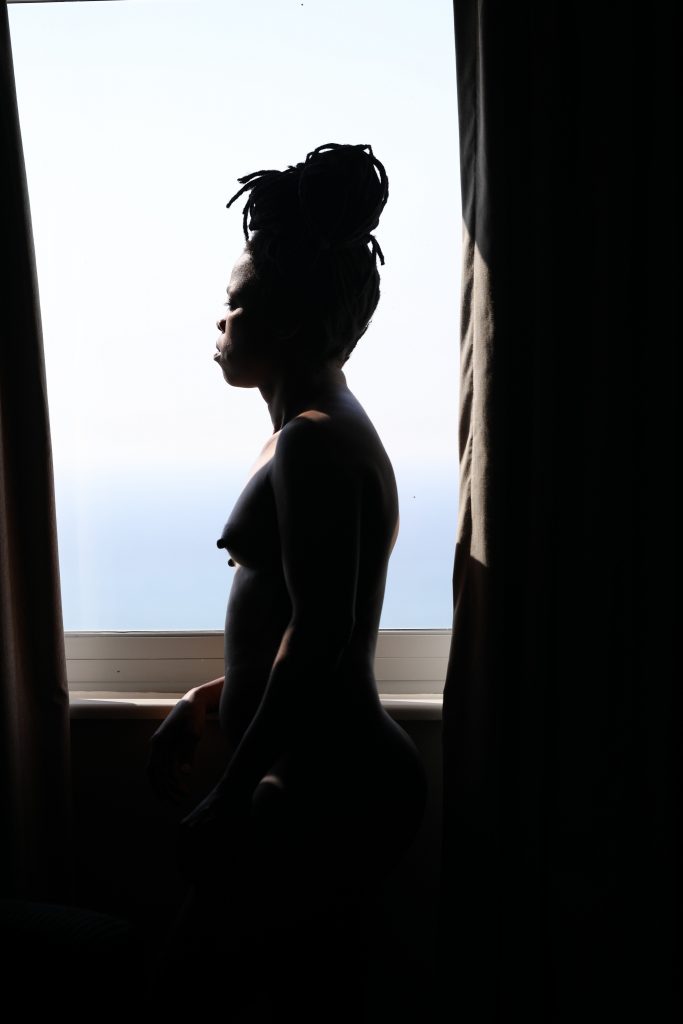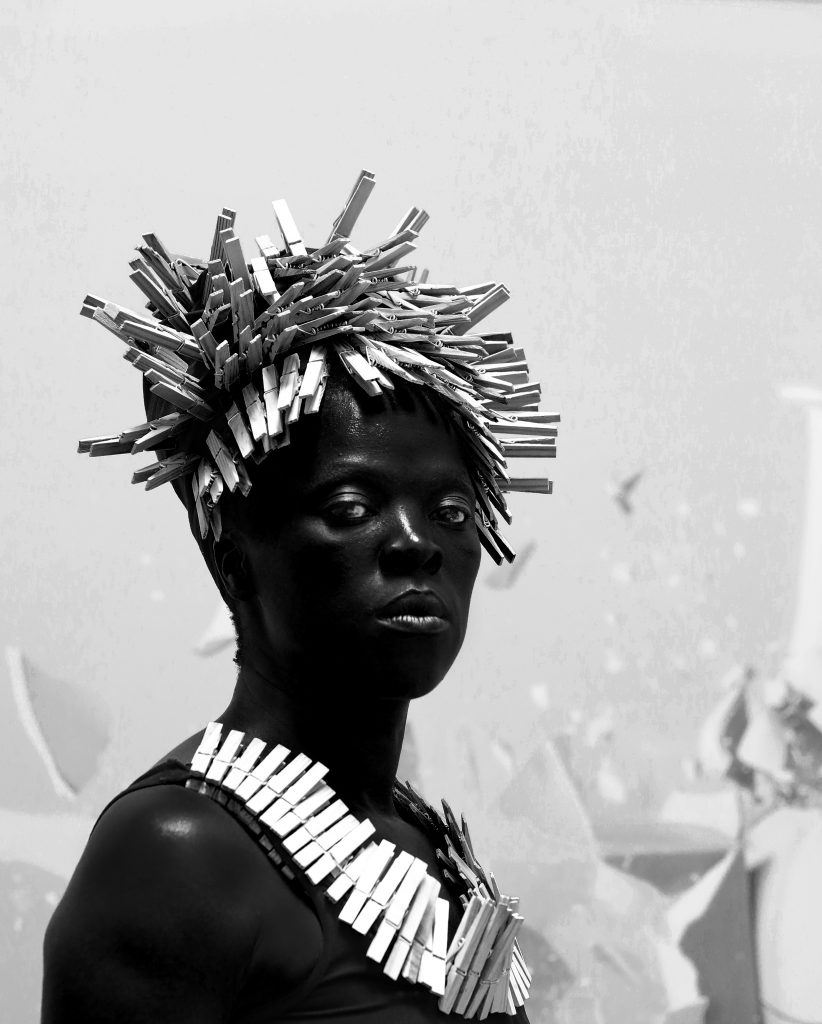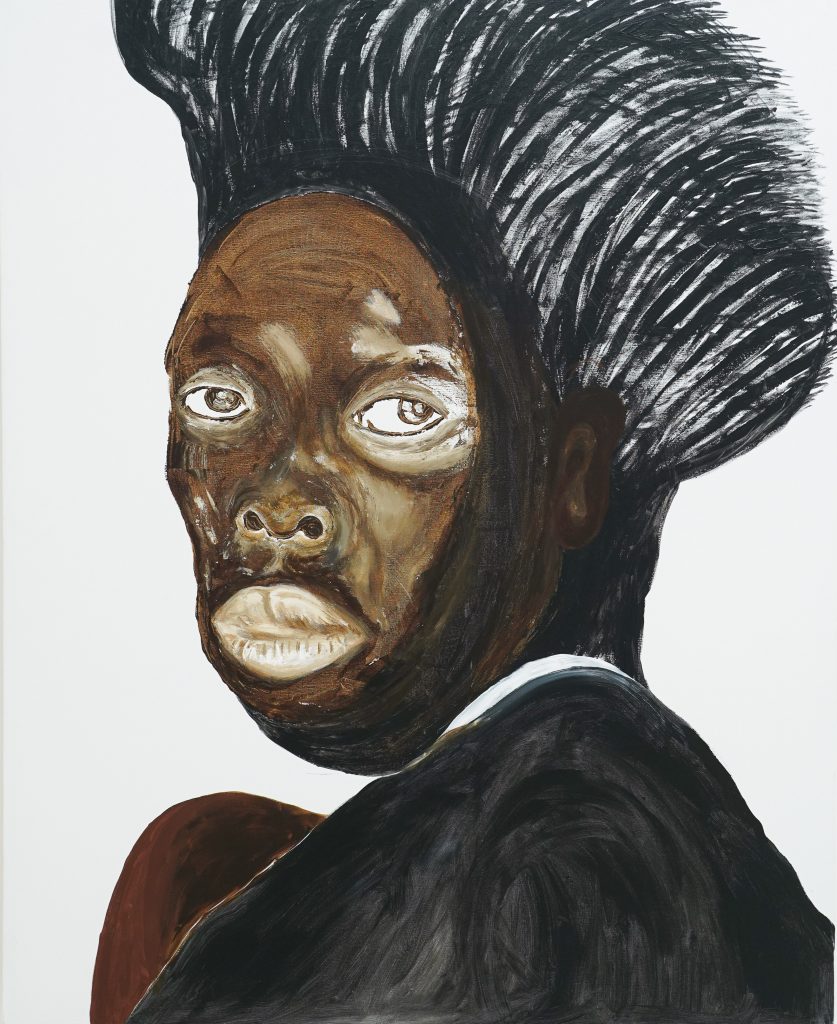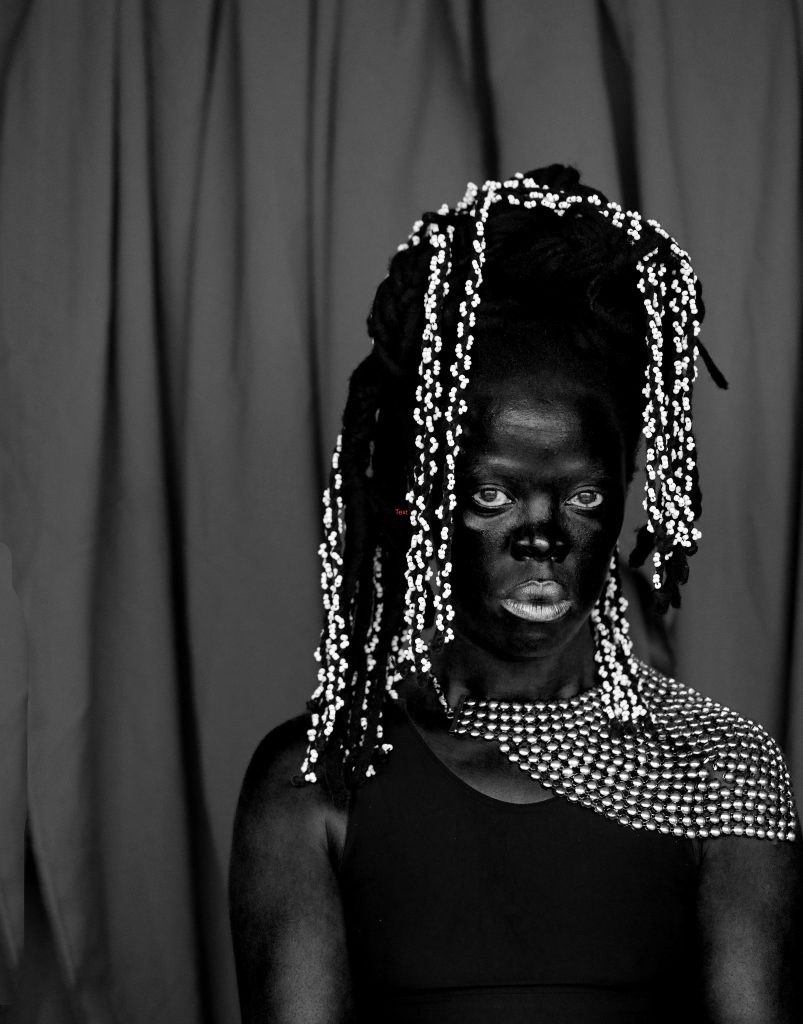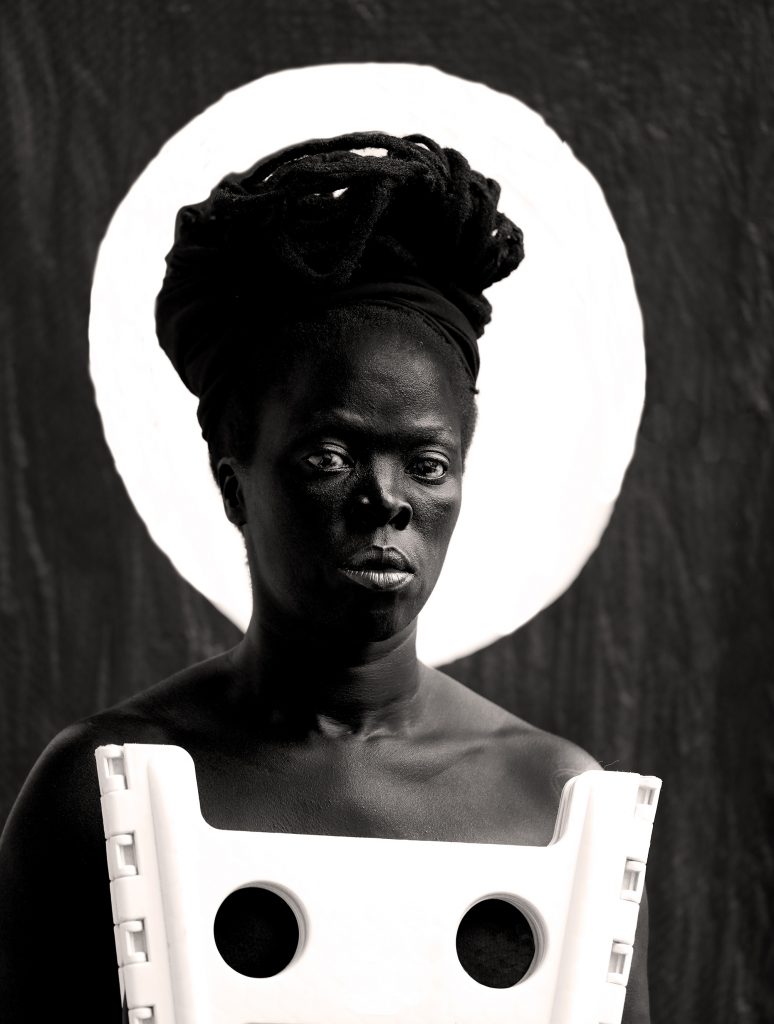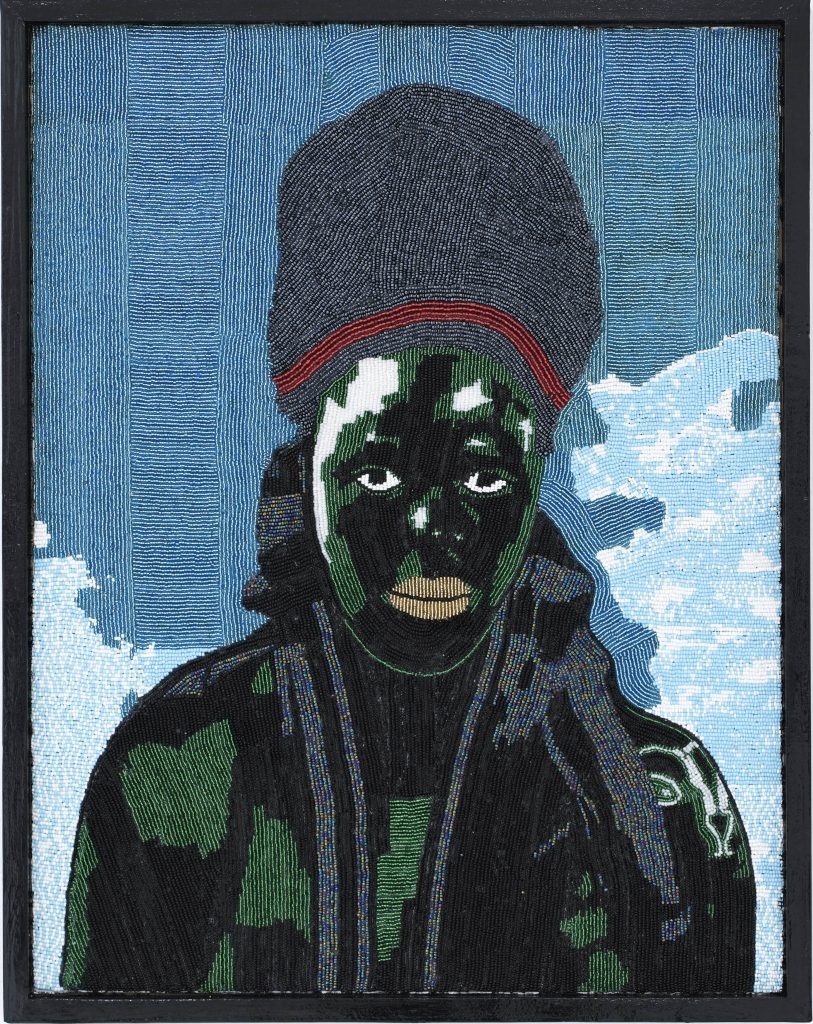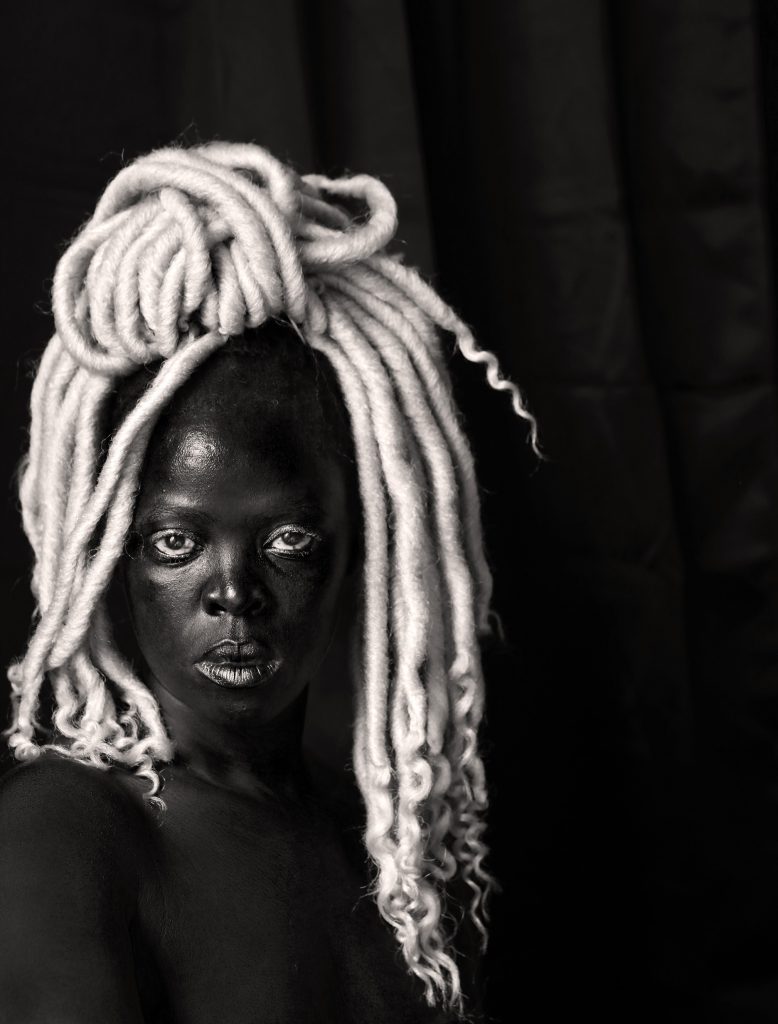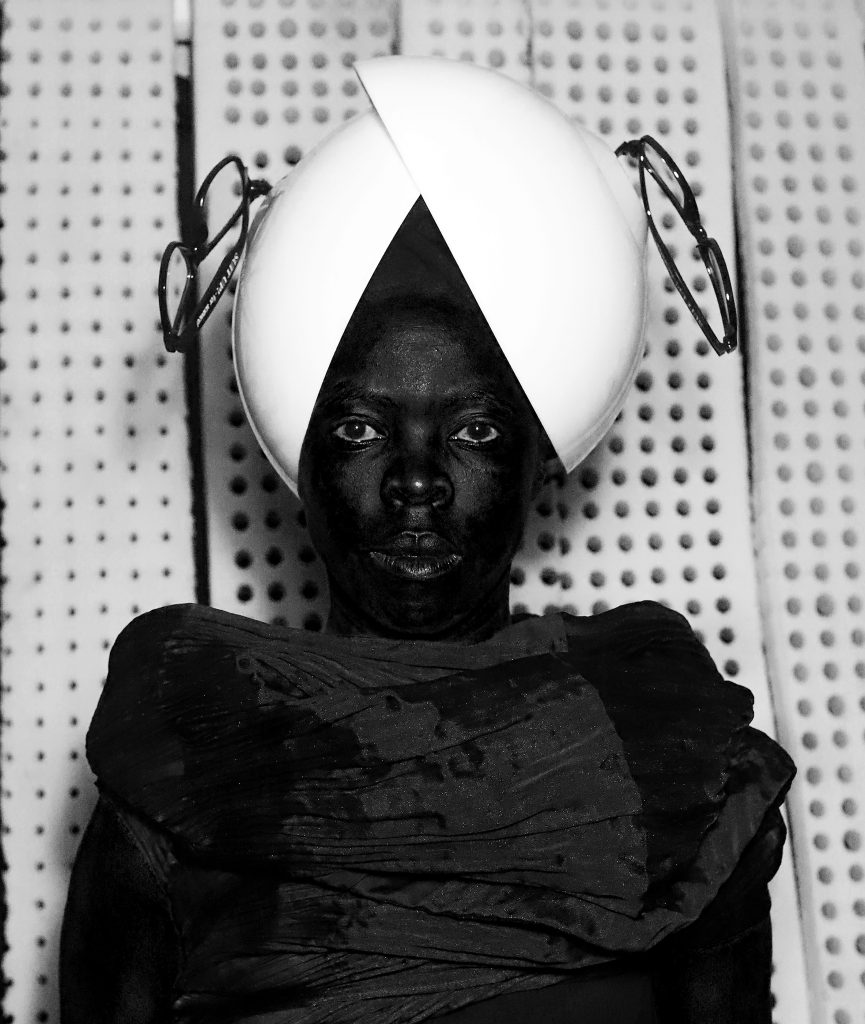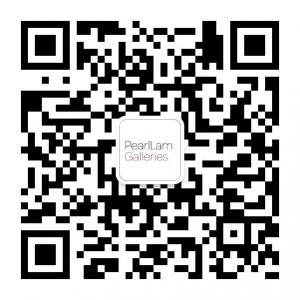18 May-31 Aug, 2021
Somnyama Ngonyama, Hail the Dark Lioness
A Solo Exhibition by Zanele Muholi
Hong Kong
Overview
In conjunction with Hong Kong Art Basel 2021
Pearl Lam Galleries is delighted to present Somnyama Ngonyama (Hail the Dark Lioness), a solo exhibition by South Africa-based artist Zanele Muholi in collaboration with Muholi Arts Project (BaMu).
Zanele Muholi is a Durban-based photographer. They first studied Advanced Photography at the Market Photo Workshop in Newton, Johannesburg and completed their Master’s Degree in Documentary Media at Ryerson University in Toronto, Canada in 2009.
Presented as a photographic archive in the gallery is a collection of self-portraits from the Somnyama Ngonyama (Hail the Dark Lioness) series that the artist has been working on since 2012. These autobiographic and highly personal portraits express in the artist’s own words: “the journey, self-image, and possibilities of a black person in today’s global society,” As a footnote, one of the photographs, Bester II, on display is in honour of Muholi’s late mother, Bester Muholi, who worked as a domestic worker and experienced a lot of hardship during apartheid. A selection of paintings and beadwork related to the photographs will also be on view to provide a broader perspective for understanding Muholi’s multifaceted art practice.
The exhibition features over fifty staged photographs of Muholi’s portraits with the photographer taking on a dualistic role of subject and participant. Besides their variety of poses and costumes, Muholi also utilizes daily objects drawn from their immediate environment. As a long-time photographer, Muholi has always observed how different people present themselves in front of the camera. In their Somnyama Ngonyama (Hail the Dark Lioness) series, the artist invites the viewer to probe the power relations and voyeurism amongst the subject, the photographer, and the beholder. This series speaks to the politics of representation and black pride. Muholi believes that each entity is entitled to his/her/their right of representation and to be proud of who they are, as they assert, they need “for this black face to be recognized as belonging to a sensible, thinking being in their own right.”
Selected works
Artists
Video
News & Press
10 May 2021
06 Jul 2021
06 Jul 2021
06 Jul 2021
07 Jul 2021
06 Aug 2021
23 Aug 2021



